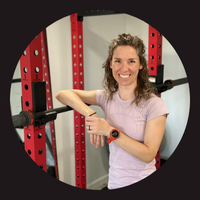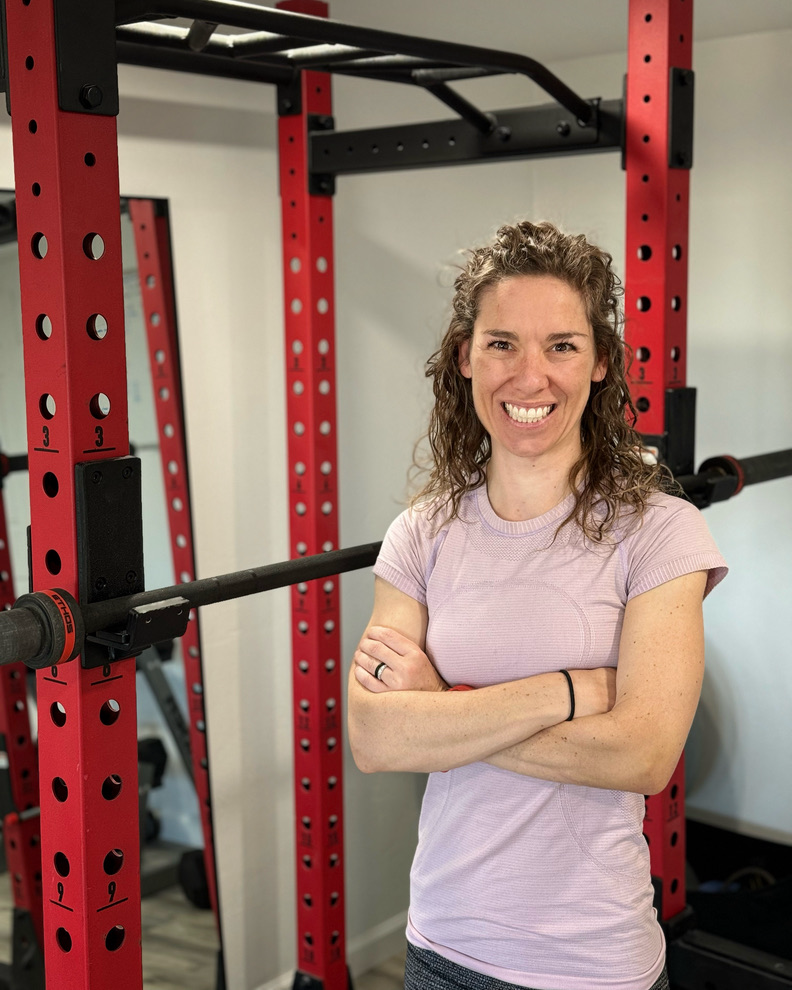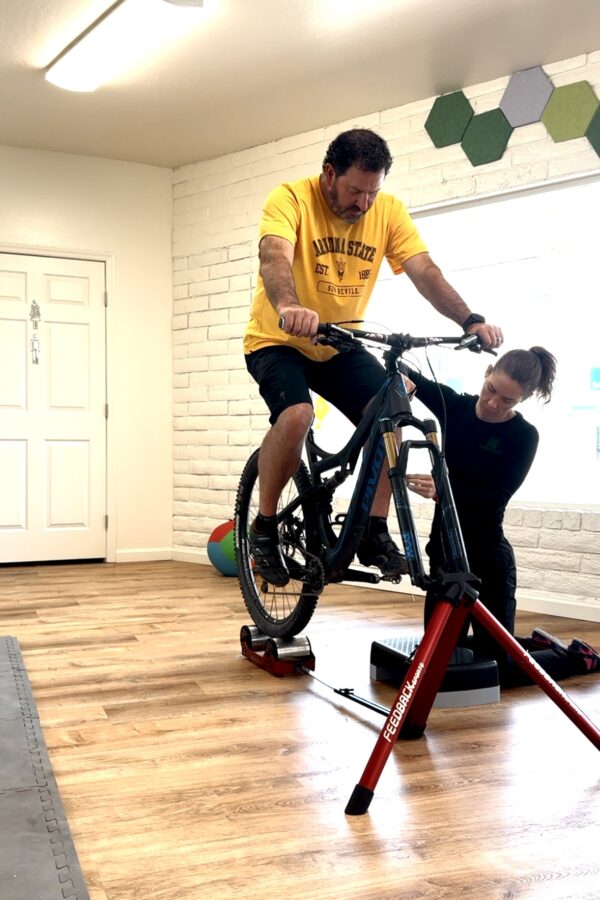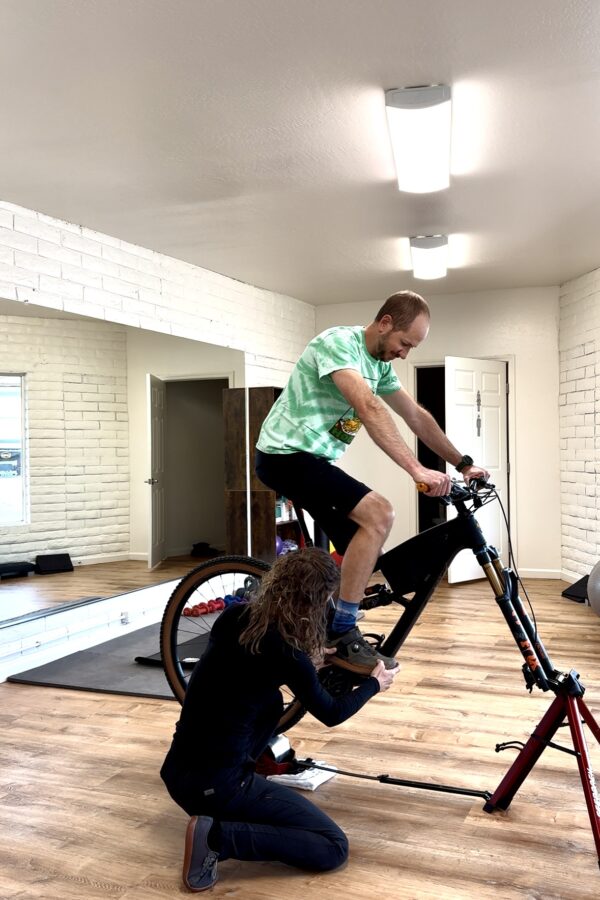Maximize Your Comfort- 3 Factors For a Better Bike Fit

Words by Dr. Jessie Duppler
While there are a multitude of factors and variables that contribute to a good bike fit, the three parameters below are a great place to start when it comes to feeling more comfortable on your bike.
- Shoulder angle: That’s the angle from the midpoint of your shoulder, drawing a line down the middle of your upper arm, and the middle of your upper back. For mountain bikes, that angle should be around 80-90 degrees. Too close, and it can cause excessive pressure through your front end, resulting in poor handling and numbness and tingling in your hands.
- Knee angle. That’s the angle from the femoral condyle (bump on the outside of your knee by your knee cap), bisecting your hip and your lower leg. This angle should be somewhere around 145 degrees. Too acute (<145), and it can cause knee pain. Too obtuse (>145) and it can cause hamstring and low back pain.
- Knee over pedal: To measure this, we draw a line from your tibial tuberosity (the bump at the front of your shin, under your knee cap) down to your foot with your pedal at 3 o’ clock (or 9 o’clock on the left side). That line should land somewhere around the head of your metatarsals – essentially the widest part of your foot. If your knee is too far ahead of this spot, it can cause knee pain. Too far back, and it makes it more difficult to use your quad efficiently and drive power through the pedals.
In the video above, Jessie breaks down the key parameters and explains why saddle choice is so important. Or watch on our YouTube Channel.
For more information about what Jessie looks for in her bike fits, download the Ultimate Bike fit Checklist here:
https://www.chainreactionpt.com/ebook-1 or find out more about her online bike fit offering here: https://www.chainreactionpt.com/chain-reaction-virtual-bike-fit

Dr. Jessie Duppler is a physical therapist and owner of Chain Reaction Physical Therapy. Her practice focuses on working with cyclists and ultrarunners to help them return to fearless movement and pain-free performance.
Dr. Jessie Duppler’s lifelong passion for cycling has rooted her practice in an emphasis on movement as medicine. Her background in psychology instills an understanding of the importance of empathy and compassion in physical healing. Be sure to follow her on Instagram @chainreactionpt




